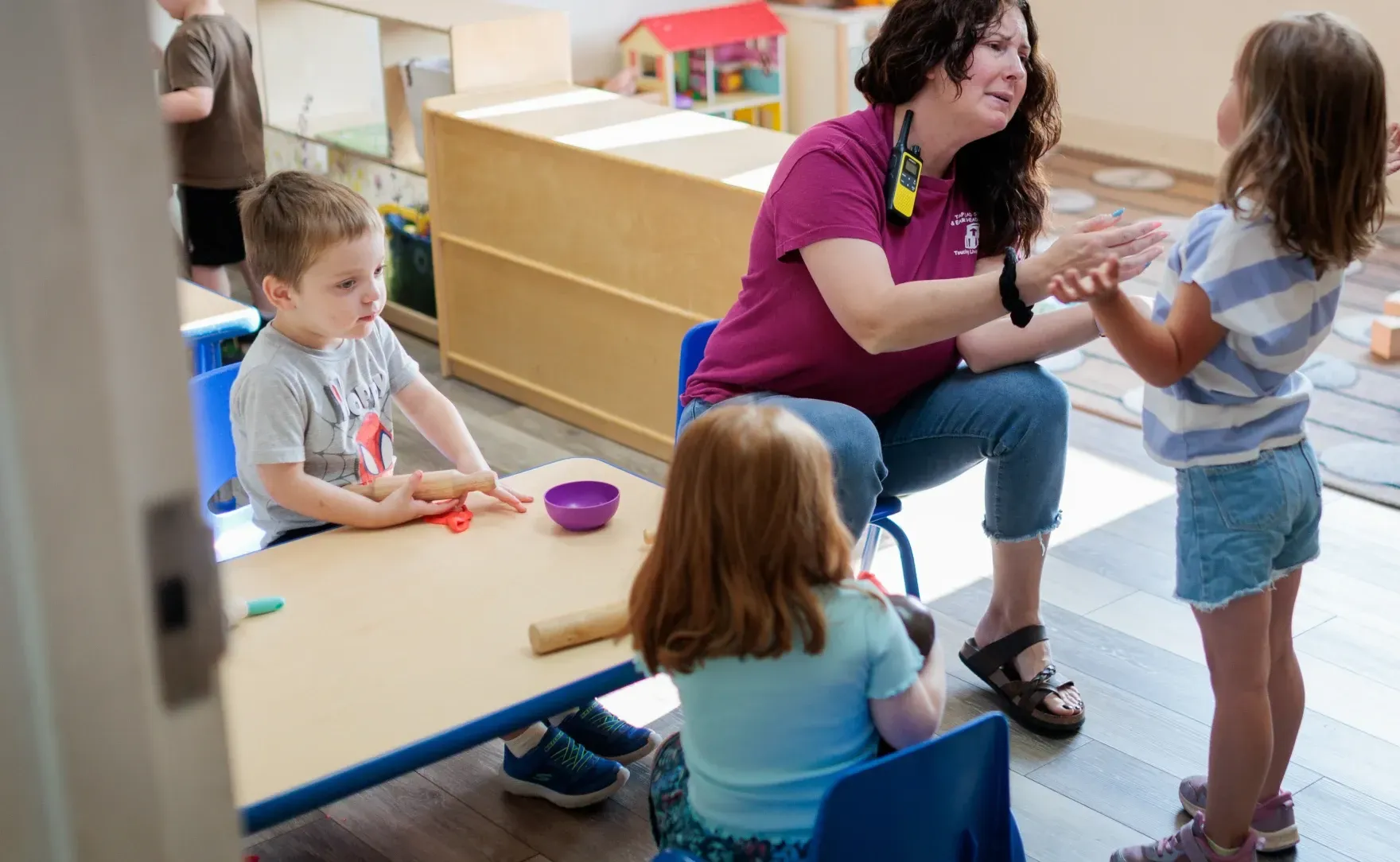How a pandemic exposed the need for expanded voting
VaOurWay has long been a proponent of expanding voter access, from no-excuse absentee voting to early voting opportunities. This stems from the belief that every citizen should have an opportunity to be heard. In-person voting at a specific place during a specific time can be very burdensome for people with various disabilities, a lack of transportation, or a lack of flexibility on a workday. This has only worsened in the face of the COVID-19 pandemic. Now more than ever we need flexible voting options. Voters should not be faced with a decision between their own health and casting their ballot.
How is COVID-19 impacting voting?
Polling places during election season are generally small and naturally crowded places. These are exactly the types of public gatherings that should be discouraged while our nation is trying to get the virus under control. As a result, many local elections have already been postponed. 15 states have already delayed primaries or allowed for voting by mail with extended deadlines.
Wisconsin held its primary elections on April 7, following the Wisconsin Supreme Court’s decision to require the primaries to move ahead as planned. Many criticized the decision as a partisan move. As a result, the state saw starkly low voter turnout, a shortage of poll workers, shuttered polling places, and exceedingly long lines in compliance with social distancing guidelines. Wisconsin’s primaries showed the nation why we need a better option.
What is ‘Vote at Home’?
With the Vote at Home system, registered voters receive their ballots automatically through the mail two weeks before election day. Once they are filled out, voters return their ballots either in-person or by mail. They must be postmarked by election day.
Opponents of this system, including President Trump, have decried it as unsafe, costly, and partisan. However, paper ballots are much more difficult to tamper with because there will always be a paper trail. In Colorado, voters sign a barcode on the envelope which much match the signature given at the time of registration. Additionally, most jurisdictions that have implemented mail-in voting have seen a reduction in overall costs.
Finally, while expanded voter access has largely been viewed as a Democratic issue, Republicans should be equally as eager to implement these measures because many of their voters are older and particularly susceptible to coronavirus.
States that have already implemented these measures are seeing record voter turnout. In 2016 there was an average increase of 20% in voter turnout, and an average increase of 30% in 2018. It’s clear that people prefer the convenience of flexible voting.
The National Disaster and Emergency Ballot Act
November seems far away, but in order for states that are not currently equipped for mail-in ballots to prepare themselves, they must start now. Accordingly, Senators Klobuchar and Wyden have sponsored a bill called the National Disaster and Emergency Ballot Act. This would ensure every voter a secure mail-in paper ballot. It also expands early voting options to avoid lines, helps states recruit younger poll workers, and puts restrictions around federal investment into internet voting, which most experts say is insecure.
With the presidency, 11 gubernatorial races, 35 Senate seats, and all 435 House of Representative seats on the line this November, we must take steps to ensure that all voters can safely cast their ballots without risking their health.





